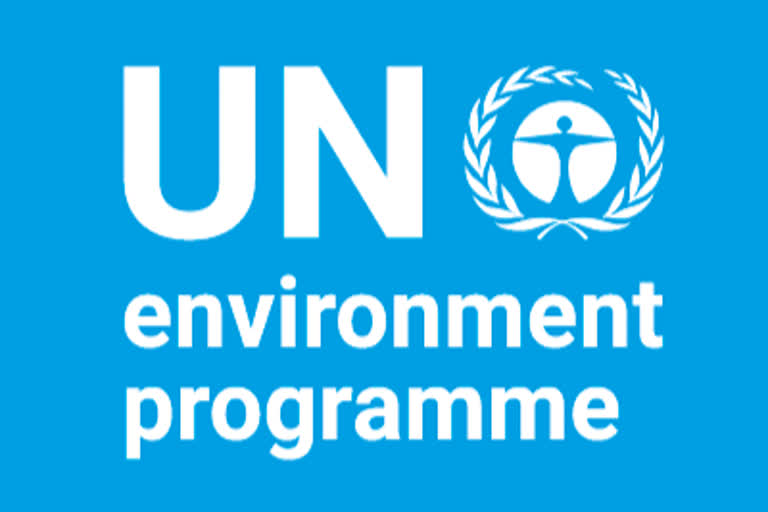Nairobi:The world can transform its relationship with nature and tackle the climate, biodiversity and pollution crises together to secure a sustainable future and prevent future pandemics, a new scientific report by the UN Environment Programme (UNEP) said on Thursday.
The report, 'Making Peace with Nature', offers a comprehensive blueprint for addressing the triple planetary emergency.
It lays out the gravity of these three environmental crises by drawing on global assessments, including those from the Intergovernmental Panel on Climate Change and the Intergovernmental Science-Policy Platform for Biodiversity and Ecosystem Services, as well as UNEP's Global Environment Outlook report, the UNEP International Resource Panel, and new findings on the emergence of zoonotic diseases such as Covid-19.
The authors assess the links between multiple environmental and development challenges and explain how advances in science and bold policymaking can open a pathway towards the achievement of the Sustainable Development Goals by 2030 and a carbon-neutral world by 2050 while bending the curve on biodiversity loss and curbing pollution and waste.
Read:|17-yr-old from Surat appointed Regional Ambassador for UN Programme
Taking that path means innovation and investment only in activities that protect both people and nature. Success will include restored ecosystems and healthier lives as well as a stable climate.
"By bringing together the latest scientific evidence showing the impacts and threats of the climate emergency, the biodiversity crisis and the pollution that kills millions of people every year, this report makes clear that our war on nature has left the planet broken," UN Secretary-General Antonio Guterres said in the report's foreword.
"But it also guides us to a safer place by providing a peace plan and a post-war rebuilding programme. By transforming how we view nature, we can recognize its true value. By reflecting this value in policies, plans and economic systems, we can channel investments into activities that restore nature and are rewarded for it," he added.
"By recognising nature as an indispensable ally, we can unleash human ingenuity in the service of sustainability and secure our health and well-being alongside that of the planet," he said.
It also lays out the roles that everyone -- from governments and businesses to communities and individuals -- can and must play.
The year 2021 is especially crucial, with upcoming climate and biodiversity convention meetings -- UNFCCC COP 26 and CBD COP 15 -- where governments must come up with synergistic and ambitious targets to safeguard the planet by almost halving greenhouse gas emissions in this decade, and by conserving and restoring biodiversity.
